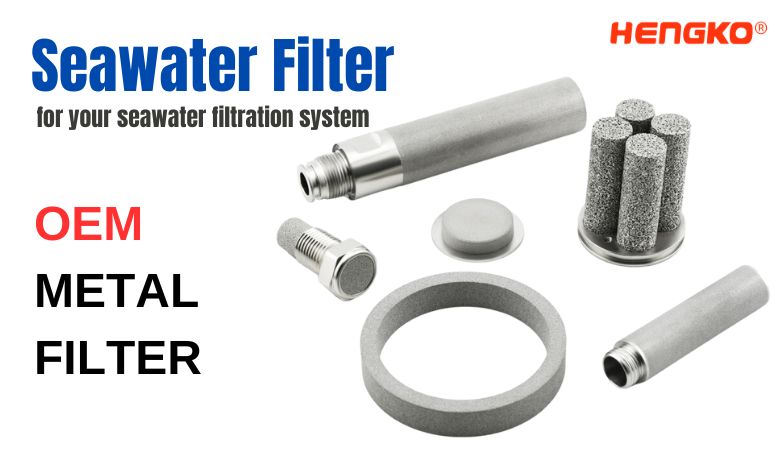-
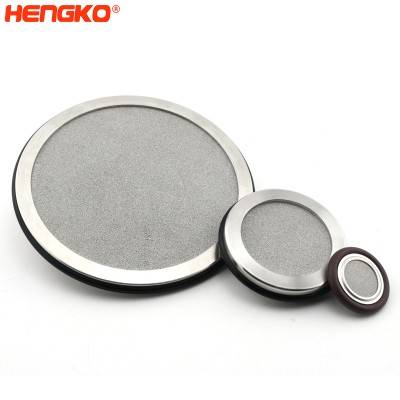
Porous sintered metal filter of ozone and air in water
The manufacturing process of large diameter (80-300 mm) discs of sintered stainless and corrosion-resistant steels is described. The characteristics of the i...
View Detail -
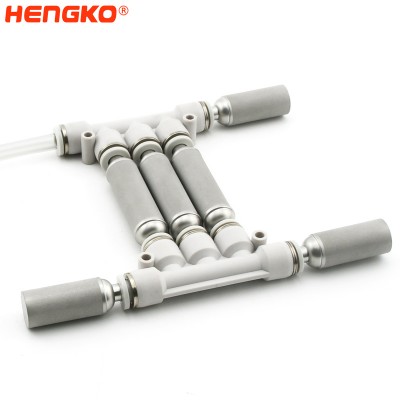
HENGKO micro porous filters to used to oxygenate water in shrimp farming – add en...
Causes of Low Oxygen in the Shrimp Farming Here is the list of the main causes of low oxygen in Shrimp Farming: Overstocking High Water Temperature Water Mo...
View Detail -
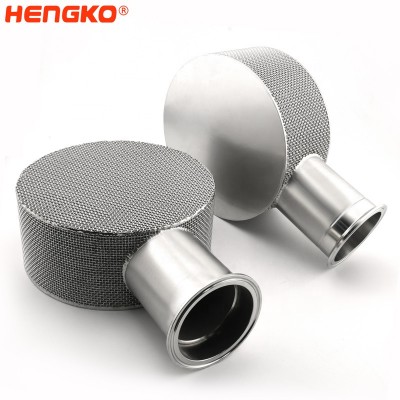
Reverse Osmosis Stainless Steel Filter Water Filter Purifier Filtration System SS 316 M...
Reverse Osmosis Stainless Steel Filter Water Filter Purifier Filtration System SS 316 Mesh Cartridge Filter Product Description Everyone is looking for n...
View Detail -
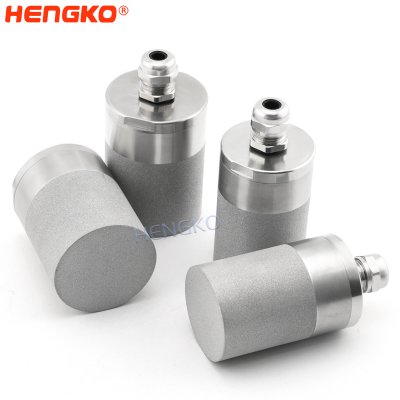
Waterproof IP67 wholesale sintered stainless steel network temperature and humidity sen...
HENGKO stainless steel sensor shells are made by sintering 316L powder material at high temperatures. They have been widely used in environmental protection,...
View Detail -
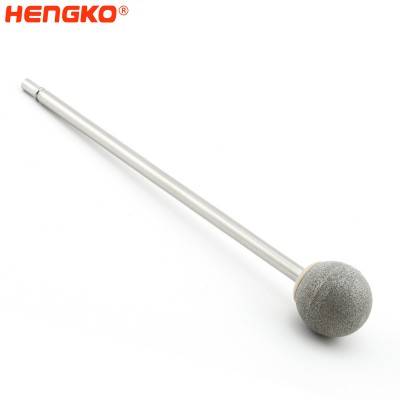
Nano high hydrogen rich alkaline water generator element-healthy drinking
Hydrogen water is clean, powerful, and with hydron. It helps to purify the blood and gets blood moving. It can prevent many kinds of diseases and improve peo...
View Detail -
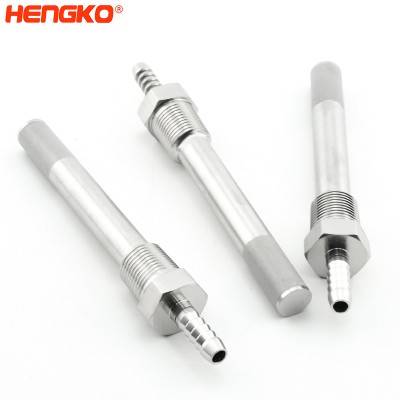
Air Stone Diffuser – Pure Hydration Alkaline Antioxidant Water Ionizer
Hydrogen water is clean, powerful, and with hydron. It helps to purify the blood and gets blood moving. It can prevent many kinds of diseases and improve peo...
View Detail -
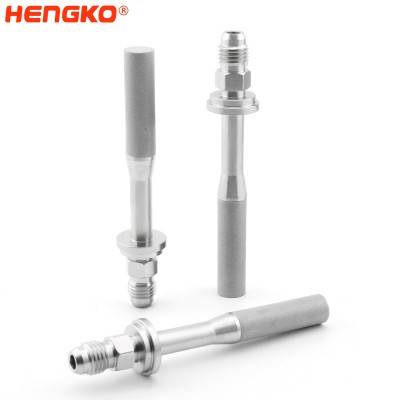
SFC02 2 micron MFL Carbonation Sparger Inline Diffusion Stone for bubbling water/Bubble...
Hydrogen water is clean, powerful, and with hydron. It helps to purify the blood and gets the blood moving. It can prevent many kinds of diseases and improve...
View Detail -
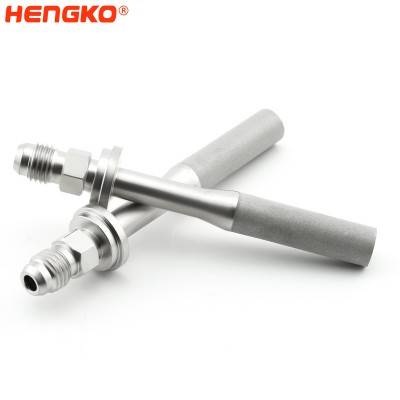
Inline 2µm Carbonation Diffusion Stone MFL Sparger for Bubbled Water & Beverage Ae...
Hydrogen water is clean, powerful, and with hydron. It helps to purify the blood and gets the blood moving. It can prevent many kinds of diseases and improve...
View Detail -

316L Stainless Steel 2µm Sparger Pipe for Fine Gas Diffusion in Tanks & Reactors
HENGKO stainless steel sparger pipe is designed for efficient gas diffusion—especially in hydrogen water systems where clean and stable microbubble generati...
View Detail -
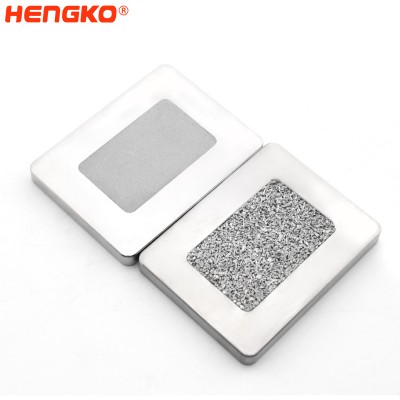
Customized sintered powder SS 316L stainless steel filter disc, 0.2 5 7 10 30 40 50 70 ...
HENGKO stainless steel filter disc is made by sintering 316L powder material or multilayer stainless steel wire mesh at high temperatures. They have been wid...
View Detail
Why Sintered Stainless Steel Can use for Seawater ?
Sintered stainless steel can be a good choice for seawater applications, but there's an important caveat: it depends on the specific grade of stainless steel used.
Regular stainless steel isn't ideal for seawater because seawater can be corrosive. However, some grades, particularly 316L stainless steel, offer good resistance to corrosion [1]. This is because 316L contains molybdenum, which helps prevent the breakdown of the metal by saltwater
Here's a breakdown of why it can be suitable:
1.Corrosion resistance:
The chromium content in stainless steel forms a protective layer that hinders corrosion.
Molybdenum in 316L stainless steel further enhances this resistance in saltwater environments
2.Durability:
Sintering strengthens the stainless steel particles, creating a robust and long-lasting material
However, it's important to consult with a materials engineer to ensure you're using the right grade
of sintered stainless steel for your specific seawater application. Different factors, like water
temperature and flow rate, can influence the suitability of the material.
